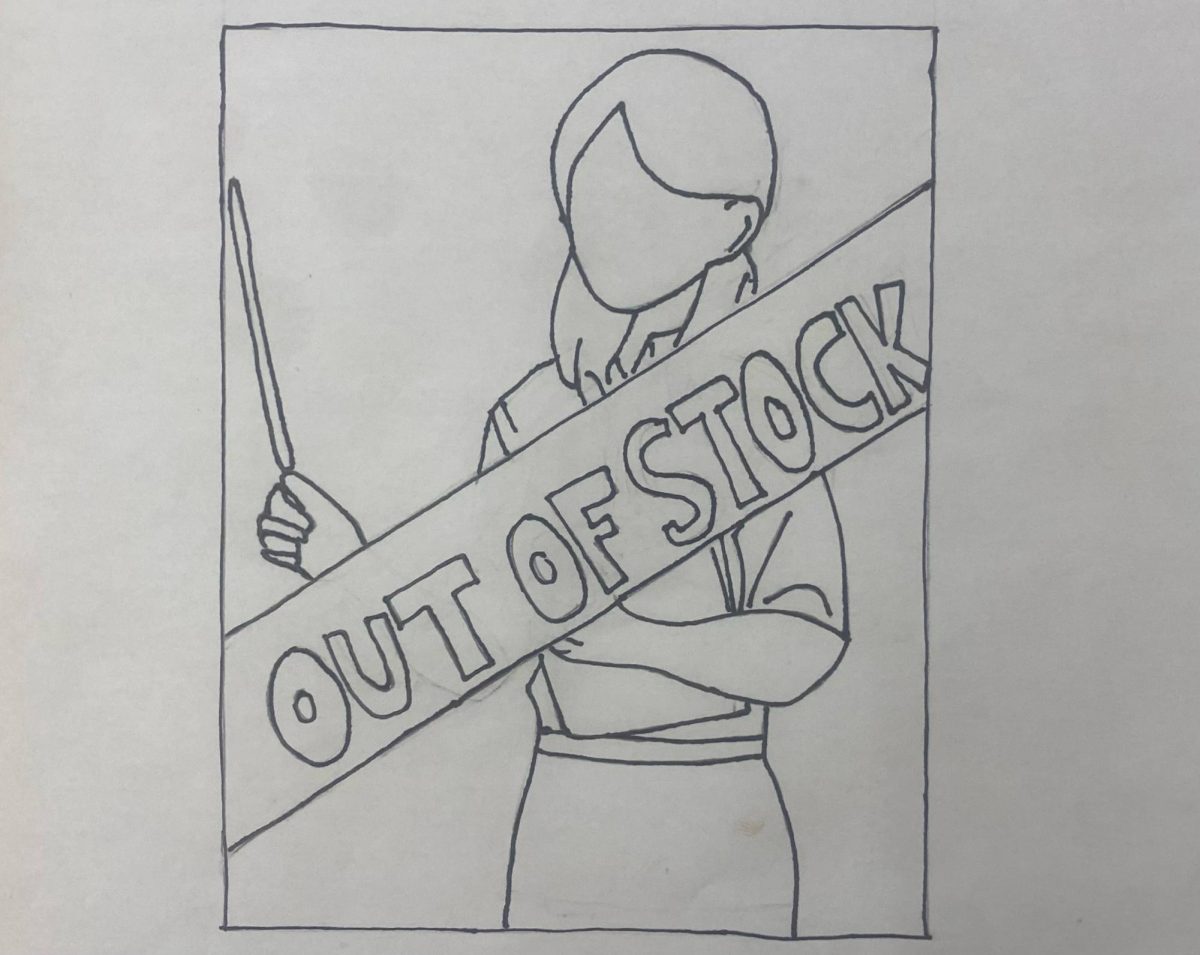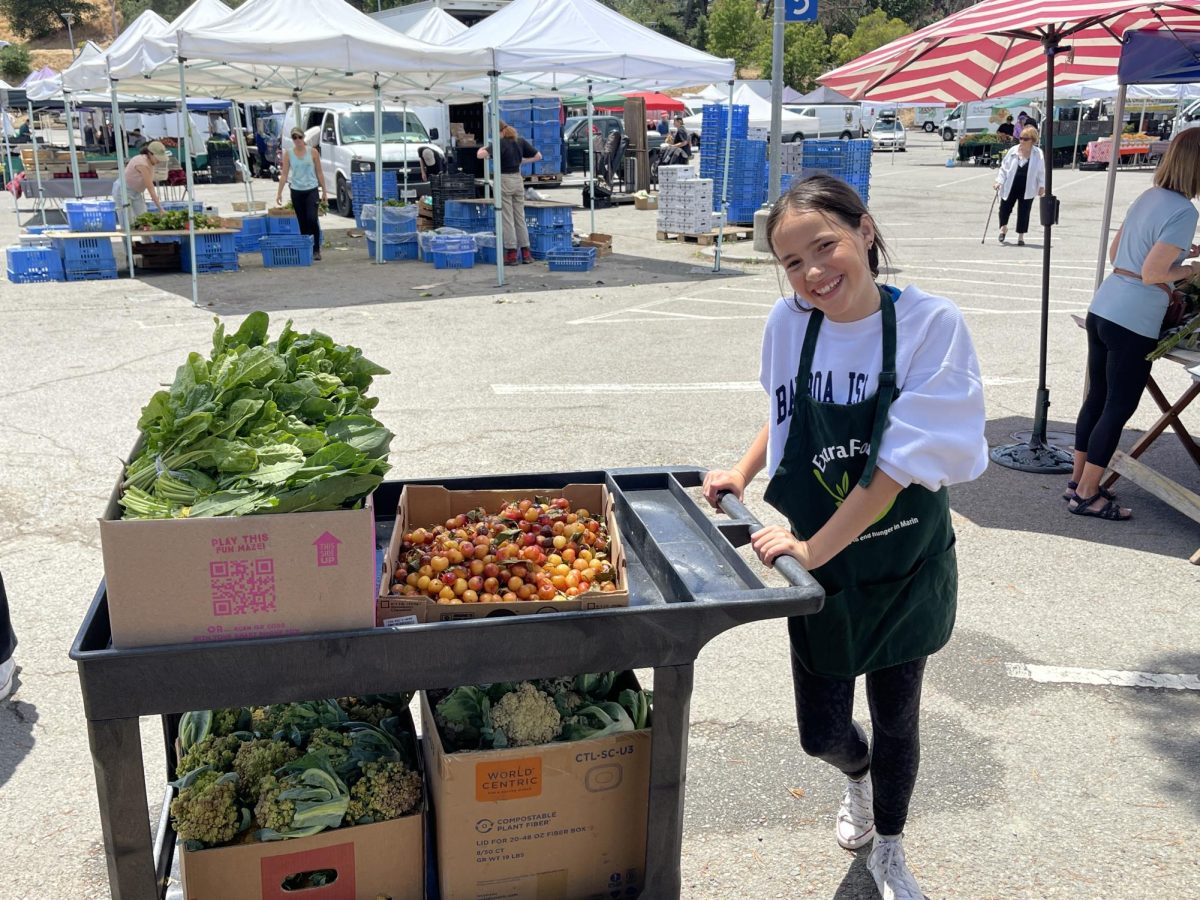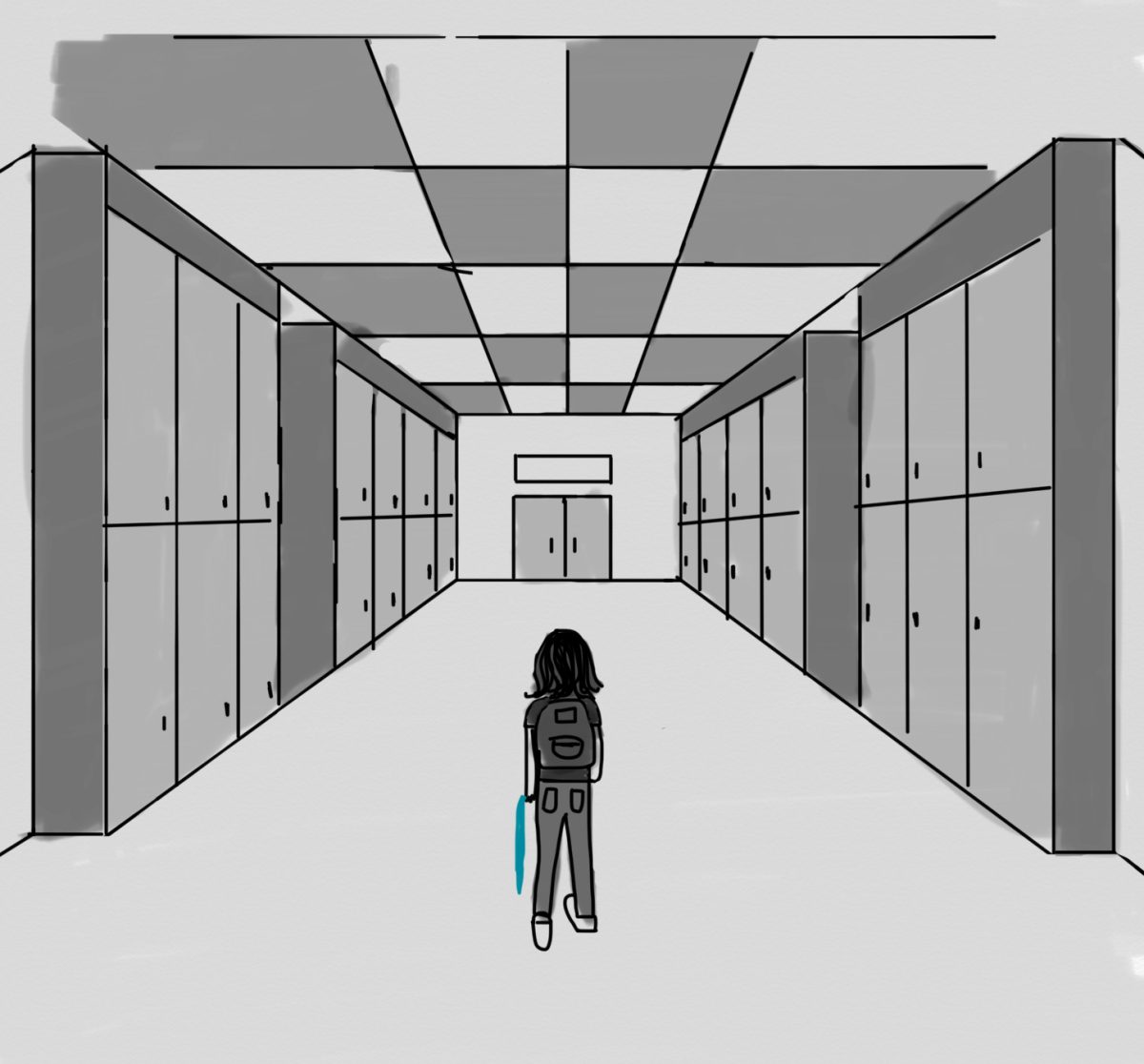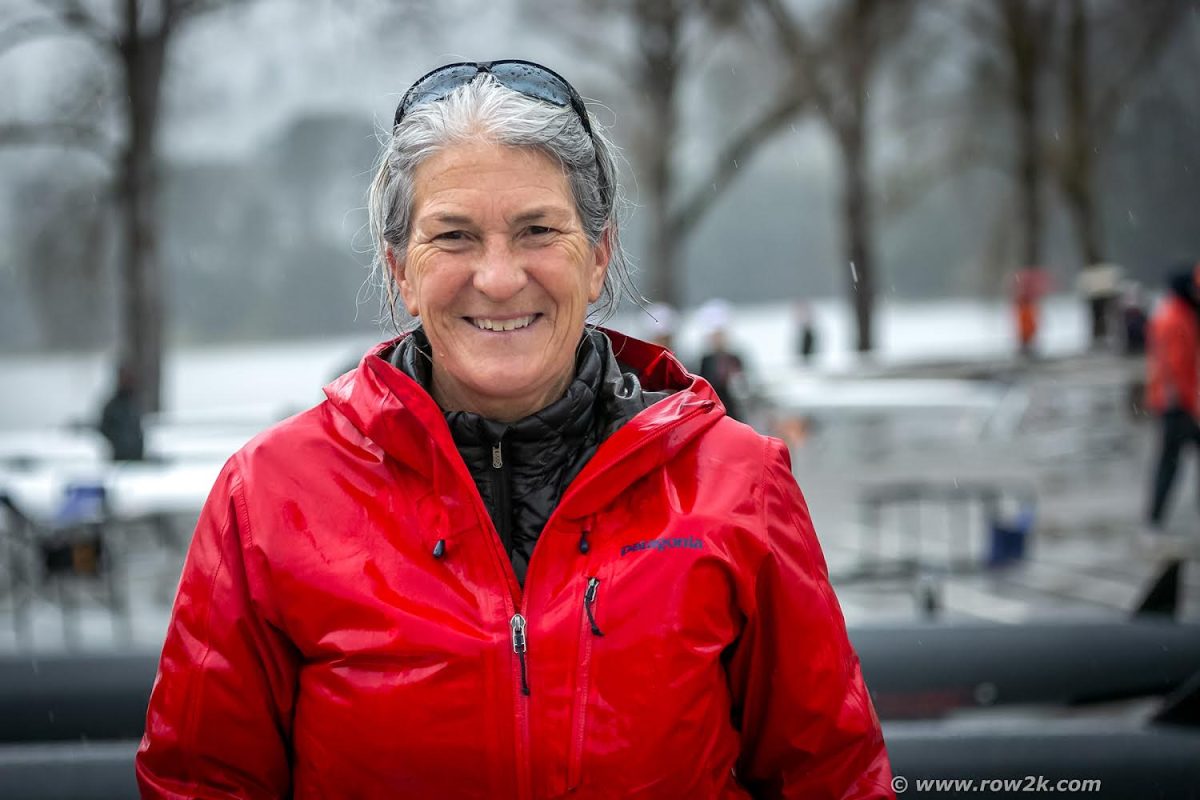This past summer, senior Angelica Vohland visited Israel with a student organization. While she was there, she discovered a startling fact: the Western Wall, a holy site in Jerusalem, was restricting women’s rights to pray freely, inspiring her to start a photo exposition titled “Women Facing West.”
“I chose to wear my prayer shawl, which is called a tallit, and entering in, I got some stares from Orthodox women that were currently praying at the wall,” Vohland said. “Women were staring at me, scowling at me, giving me strange looks, and going in, I originally didn’t know that I was unable to wear a prayer shawl or that it was considered offensive to the Orthodox Judaic religion.”
Vohland quickly realized that in the Orthodox tradition, women are not typically allowed to wear tallits or tefillin, and the Western Wall is physically divided with a partition between men and women, as gender separation is customary in Orthodox places of worship.
“The men’s side is actually twice as large as the women’s side and the discrimination is so obvious when you’re there, because the men are there, they’re dancing and they’re singing and they’re welcoming each other and talking loudly,” Vohland said. “They’re enjoying and exerting their love for Judaism, whereas women are told to be quiet.”

Not willing to accept this discrimination, Vohland returned home and began to think about ways she could increase understanding of this issue locally.
“I grew up in the Bay Area, where women are totally allowed to be within Judaism and have all the rights they could possibly want here. We’re not really familiar with this concept of discrimination within the religion, so I wanted to bring it home to my friends and help spread the awareness here,” Vohland said.
Vohland reached out to fellow senior Katie Levy with the idea of a photo exposition to promote a dialogue about the issue.
“I think a photo project is the best way to spread social advocacy because photos themselves are the best way to communicate that people here are able to express their rights and their love for Judaism by wearing prayer shawls and tallits,” Vohland said. “It’s powerful to see a Jewish woman in a leadership position exerting her rights.”
According to Vohland, another main goal of “Women Facing West,” is to reveal the inherent sexism occurring in Jerusalem.
“We’re starting small in the Bay Area, but we’d love it if this organization and this concept grew into something bigger and more powerful, because I don’t know too many women that are socially aware of this issue in general, at least within the Bay Area,” Vohland said.
Rabbi Stacy Friedman of Rodef Sholom, one of the temples where Vohland and Levy are taking photos, agreed that the issue of discrimination at the Western Wall is not always a priority among people in the Bay Area, instead focusing on the ongoing conflict between Palestinians and Israelis.
“Sadly I think people focus so much on the Palestinian Jewish issue in Israel as being the only issue, but for people who live within the state of Israel, there are many issues that affect them, and [the Western Wall] is certainly one of them,” Friedman said.
Both Vohland and Levy are attempting to bring attention to these issues Jewish women face through taking photos of women at different temples around Marin County.
“I’m basically going to take pictures of women wearing tefillin, carrying tallits, assembling, kind of rejoicing together—all the things that we can do in America that are really uncommon in Israel and that would be really frowned upon,” Levy said.
According to Vohland, the location of the photos is crucial to the purpose of the photo exposition as well.
“By allowing women to have their picture taken in a place that they feel is most holy to them, we’re essentially trying to create this dynamic where women are allowed to be who they are within their Jewish community and do what they like and express their love for the religion in any way that they’d like,” Vohland said.
Although “Women Facing West,” is only just getting started, Levy and Vohland both expressed their hopes for the future of the project. Vohland hopes that both Levy and herself will continue the project through college.
“That would be an incredible way to continue the social advocacy and raise awareness, especially if we decide to get involved with Jewish students’ rights on campuses or wherever we choose to go,” Vohland said.
The project is also aimed to gain the attention of the Israeli government and hopefully make change at a political level as well.
“We have a petition available on our website to help raise awareness and bring this concept to the attention of the Israeli government to help desegregate the space at the wall, so that both men and women can pray together and women will be allowed to participate and exert their love for Judaism in any way that they like,” Vohland said.
Levy plans to visit the Western Wall in a few years in hopes of expanding the project further.

“Hopefully we’re going to keep expanding, keep growing,” Levy said. “If people see what’s actually happening there, they’ll be more likely to join our project.”
Friedman also believes in the potential of “Women Facing West,” and is hopeful for the results of the project.
“The more of us get involved, the more we can make sure to express our voices about it, and the more successful we’ll be,” Friedman said.






















